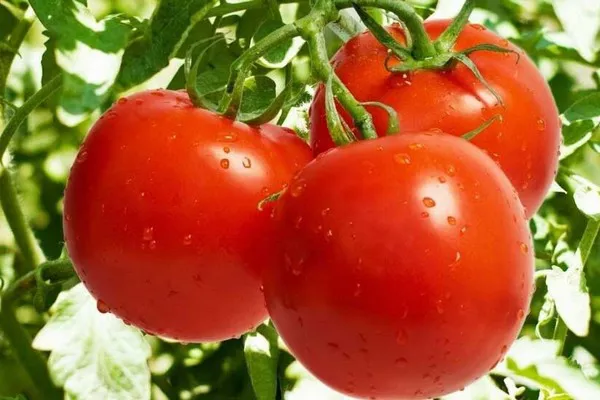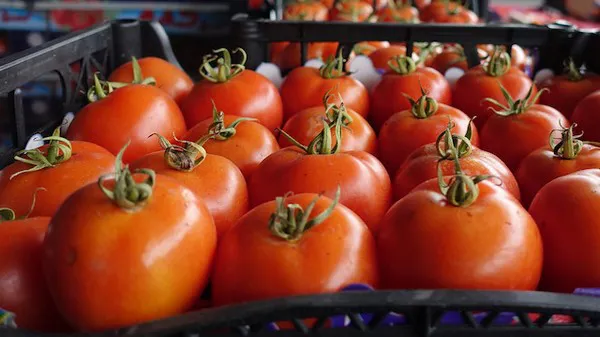There has been real opportunity for the Turkish tomato exporters, as European production slowed down this season, says Emel Esin Keskin, owner of Turkish fresh produce exporter Esin Tarim: "Tomato production in the EU is on a downward trend, due to rising energy costs and the Covid-19 pandemic. This decrease has increased our country's marketing efforts in order to export tomatoes to European countries in 2024. As a result, it has been a fruitful season for our tomato producers. In the last season, we delivered 588,418 tons of tomatoes to 52 countries, including Romania, Ukraine, Poland, Germany, Bulgaria, Netherlands, United Kingdom, Seychelles, Russia, Denmark, Spain, Azerbaijan, Italy, Qatar, Kazakhstan, Estonia and France."
Looking at the largest importers of Turkish tomatoes, Eastern European countries seem to be well represented according to Keskin. "Romania was among the countries to which Turkey exported the most tomatoes. Turkey sold tomatoes worth almost 92 million dollars to Romania last year. Romania was followed by Ukraine with 64.6 million dollars, Poland with 56.6 million dollars, Germany with nearly 54 million dollars and Russia with 40.6 million dollars."

Turkish greenhouses are no stranger to growing tomatoes, as Keskin emphasizes that tomatoes are the most commonly grown vegetables there: "Tomatoes are grown on the ground and on poles in Turkey; It is grown in the Mediterranean, Marmara and Aegean regions. The tomato loves hot climates, it requires plenty of sun and water when growing. Tomatoes are among the most commonly grown vegetables in greenhouse cultivation. Greenhouse cultivation in Turkey is done in the Aegean, Mediterranean and Marmara regions. In this growing style, the environment is kept between 22-26 degrees, because the tomato plant does not like the cold. If the temperature increases, the plants are ventilated. When choosing soil for the greenhouse, soil with high water retention capacity and rich in humus is chosen."
The Turkish government has also played a part in supporting the greenhouse cultivation, Keskin explains. "We are very pleased with the support given by our country to the greenhouse industry, and we aim to further increase our market share in tomato exports in the coming season. We are rapidly moving towards this goal with the support provided. When we look at the countries and quantities exported to these destinations, we see that we sell higher quantities to both new markets and existing markets. We believe that these sales will increase further in the new season, and that we will increase export figures with our production and make a great contribution to our country's economy."

There is still much more growth ahead of the Turkish tomato growers and exporters, Keskin states. "As a country, we aim to reach five billion dollars in tomato exports by 2026. Russia's increase in tomato import quota from Turkey from 350 thousand tons to 500 thousand tons was a factor that increased exports this season. As producers and exporters, we have had a good season and we continue this trend. Tomatoes are mainly grown in geothermal greenhouses where clean energy is used through soilless agriculture. and with this method, energy savings of up to 60 percent are achieved compared to other energy sources. Geothermal greenhouses produce over 30 tons per unit area. We think that we will increase our export figures every year with our increasing greenhouses and production amount," she concludes.
For more information:
Emel Esin Keskin
Esin Tarim
Tel.: +90 537 617 56 29
Email: Esin@esintarım.com.tr
www.esintarim.com.tr
